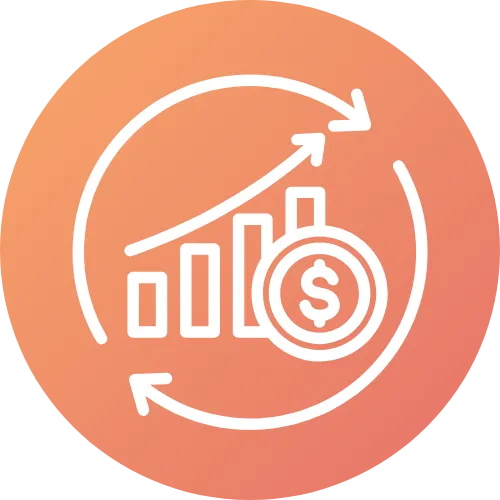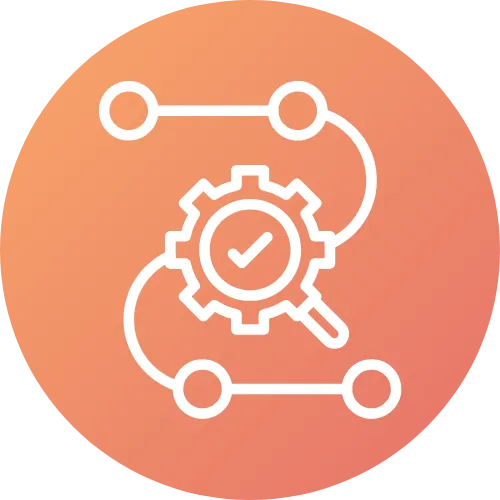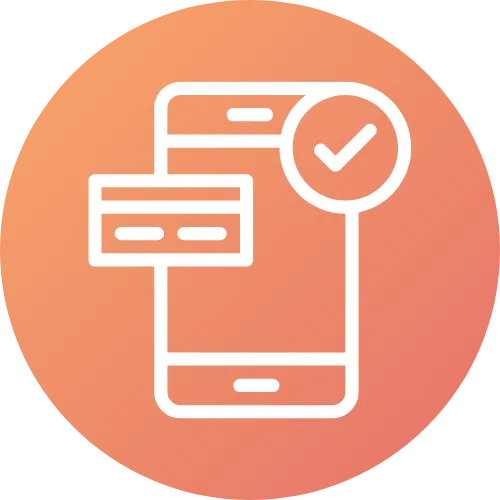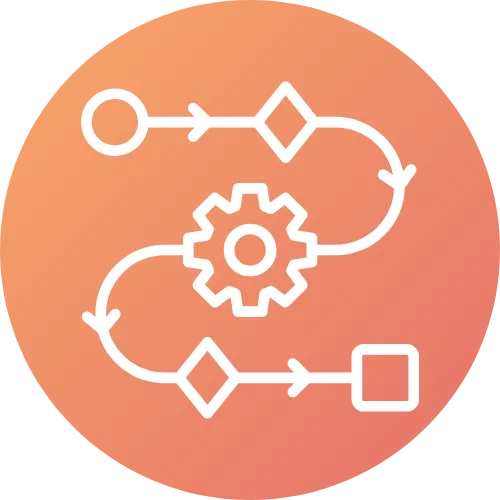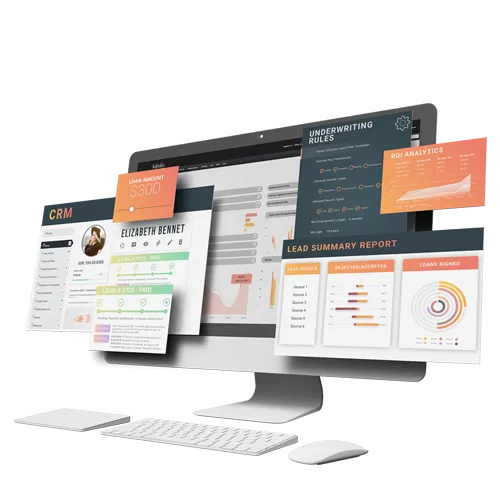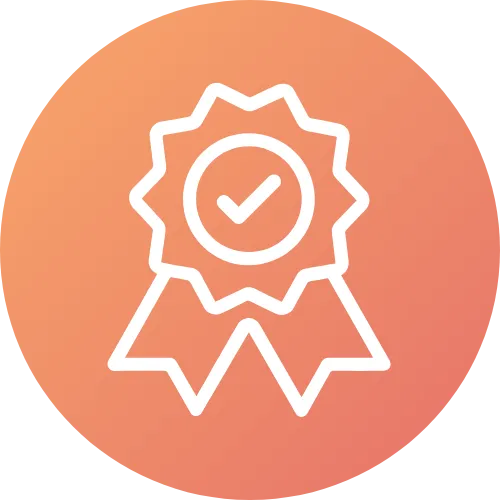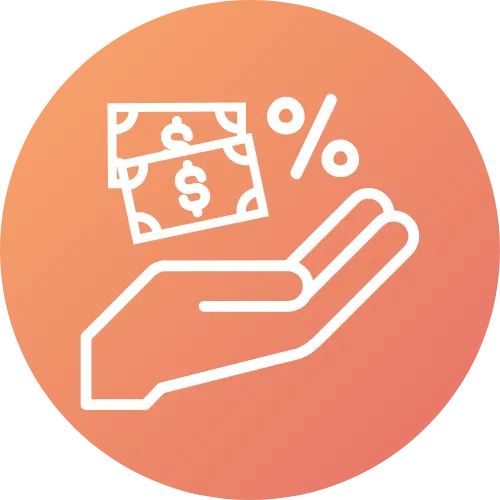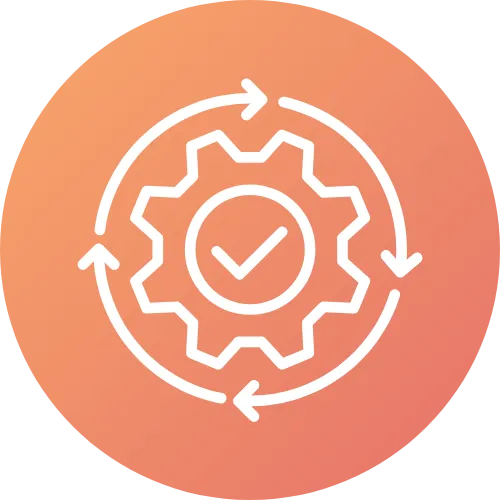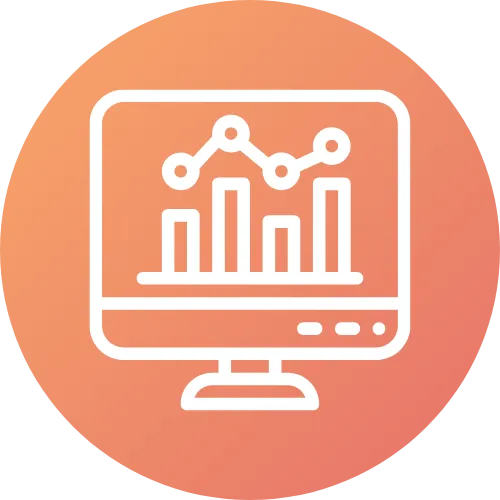
Learn Types of Loans and their Importance to Lenders
Whether your lending business only deals with certain types of loans or you're happy to lend for any type of purchase, it's important to know the different types of loans out there. The difference between a mortgage loan and a personal loan can be several orders of magnitude, and as a lender, you don't want to sign off on a loan that ends up being an outlier of its type.
In fact, some smaller loans may be more complicated than larger, more standardized ones since the amounts, in addition to the APR and repayment terms, can vary so much. Some loans may be ideal for your lending business while others may be financial products you don't want to deal with, either because of the amounts involved or prospective issues with collecting.
Knowing the different classes of loans can help you optimize your lending business according to the loans that you offer and the customers that are attracted to each product, and understanding the wildly varying timelines and percentage rates can help you get a handle on your cash flow issues. To make matters more confusing, some loans may be secured by collateral, such as auto title loans and home equity loans, while others may be unsecured loans not attached to anything other than the money coming in.
The basics, however, are pretty straightforward. Most loans are a one-time, lump sum payment (the loan amount) that is paid off over time (the term) according to certain interest stipulations (the APR). Some loans are exceptions, but let's take a look at different loan classes below.
Types of Loans and their Importance to Lenders
Personal Loans
As the most versatile and common of the different loan class types, a personal loan is a powerful financial vehicle to pay for just about anything. Some lenders may put restrictions on what you can purchase with a personal loan, such as prohibiting a personal loan to be used for a college education, but that's up to your business and the needs of your customers.
With personal loan management software, managing these loans becomes seamless, from application to approval. Whether a customer has medical bills, a wedding to plan, or just wants to consolidate their debt by paying off credit cards or other bills, a personal loan is a good match. Keep in mind that if you place too many restrictions on your personal loans, you may be sending potential customers interested in this loan class to a competitor, so resist the urge to be too strict with your lending.
Typically, personal loans have a loan length of 12 to 60 months, though sometimes they can extend to 84 months and beyond, and have a typical APR in the 6% to 30%+ range. Most personal loans are a few thousand dollars to the high five-figure range. Credit scores should be between 600 and 700, and you'll only need collateral for a secured personal loan, not an unsecured loan. With advanced personal loan management software, lenders can streamline underwriting, automate approvals, and ensure compliance, making loan management more efficient and scalable.
Auto Loans
If your customers need money to buy a new car, an auto loan is a loan classification that helps them purchase a vehicle today while allowing time for repayment. With the right auto title loan management software, lenders can streamline the entire process, from application to funding. Most times, auto loans involve financing the car, giving the lender the ability to repossess the vehicle if payments stop, which makes this a lower-risk loan class for lenders concerned about repayment issues.
Depending on whether the vehicle is new or used, the payoff timeline and rates can vary between 24 and 72 months, with an average APR of 3% to 7%. There's no minimum credit score for an auto loan, but borrowers with higher scores tend to secure better rates. If payments stop at any point before the loan is fully repaid, the financed vehicle will be repossessed. With auto title lending software, lenders can automate underwriting, track loan statuses, and ensure compliance, making loan servicing more efficient.
Note that auto loans don’t necessarily stop at cars and trucks, people can also take out loans for boats, aircraft, and other types of vehicles.
Student Loans
This type of loan class helps students pay for their education and education-related expenses such as tuition, housing, textbooks, food, transportation, and more. While student loans aren't supposed to be used for costs unrelated to their schooling or education, lenders don't monitor the money as it's spent.
The payoff timeline for a student loan is typically more than 10 years and up to 25 and 30 years in some instances. Both the federal government and private lenders can create a student loan, though federal loans typically have a lower APR in the 5% to 8% range; private loans have a wider APR range between 4% and 14%.
After a certain amount of time, some federal student loans may be forgiven based on years in public service or if other criteria are met.
Mortgage Loans
By allowing customers to purchase a home without needing all the cash up front, mortgage loans are a crucial loan classification for just about all homebuyers. With real estate prices the way they are today, many consumers need that mortgage loan to make their dream of owning a home a reality, and the best part is that the customer gets to live in the home while they're paying off their debt.
That means that the lender owns the home until the mortgage is fully paid off, and the loan itself is secured by the house in question. Mortgage loan lengths are commonly 10, 15, 20, or 30 years, depending on how much financing is needed, but APRs are typically low, such as 3% to 6%.
Consumers will need a decent credit score in the mid-600s to qualify, though they may be able to get away with a lower credit score with a government-insured loan.
Home Equity Loans
Another type of loan class is the home equity loan. They're versatile products that are loaned against the equity built up in a home, and therefore it means that what can be borrowed depends on how much you've paid into your home (house value minus mortgage remainder). Because it's backed by a huge piece of collateral -- a house -- home equity loans are typically larger than most personal loans.
Loan lengths vary from 5 to 30 years depending on the loan amount, and APRs are commonly in the 4% to 8% range. A decent credit score of almost 700 is preferred, but there's always the house that can be foreclosed if there are any repayment issues.
Payday Loans
For those who need money before their next paycheck, a payday loan can help borrowers cover urgent expenses and manage short-term cash flow issues. Instead of a traditional APR, payday loans typically involve a fixed fee that must be repaid along with interest when the borrower's next paycheck arrives. With payday loan management software, lenders can automate approvals, track payments, and streamline loan servicing for a more efficient lending process.
Securing a payday loan involves evaluating the borrower's pay history, determining their next payday, and ensuring the loan can be repaid in full. Most payday loans are for smaller amounts—often $500 or less—which allows for a quick turnaround in repayment, though the profit margins may be lower than other loan classes. By using payday lending software, lenders can efficiently manage high loan volumes, ensure compliance, and reduce risks while improving the borrower experience.
For people with bad credit, a payday loan may be the only loan that they're able to get in short order, which can help keep the lights on, gas in the car, and food on the table.
Auto Title Loans
Those who own their car outright have the option of another type of loan class: an auto title loan. By putting up the value of their car as collateral, an auto title loan can generate as much as a quarter to half of the car's value in an immediate loan. The terms of most auto title loans are short, commonly two to four weeks, after which the loan is paid in full. With auto title loan management software, lenders can streamline loan origination, track repayments, and ensure compliance with lending regulations.
However, if an auto title loan is not paid off in full by the expiration of the loan, a rollover may be needed, which is a continuation of the original loan for additional fees. If the borrower is unable to pay off the entire loan, the lender will be able to take the car to satisfy the debt.
Credit-Builder Loans
Customers who don't need to borrow money but who would like to build credit can take advantage of a little-known loan class called a credit-builder loan. Instead of receiving the money directly, the loan amount is deposited into a savings account and the borrower works on paying off the entire loan amount plus interest over the next 6 to 24 months.
At the end of each month, the lender reports timely payments to the credit bureaus, which will help to build up the borrower's credit history. When the loan matures, the borrower gets the savings account and the entire amount contained within.
In a way, credit-builder loans are the opposite of a normal loan -- the borrower isn't getting money up front and then paying it off, they're paying it off than getting the money at the end.
Grow Your Loan Business With Infinity Software
With the Infinity software lending platform, you can grow your lending business while spending less time and money focusing on all those details. We've created a customizable, cloud-based lending machine that makes it easy to grow and manage your lending business. Made exclusively for alternative credit lenders, our all-in-one loan management system makes it easy to process loans, grow your customer base, and scale your business.
To learn more about the Infinity software platform, request a demo today!

